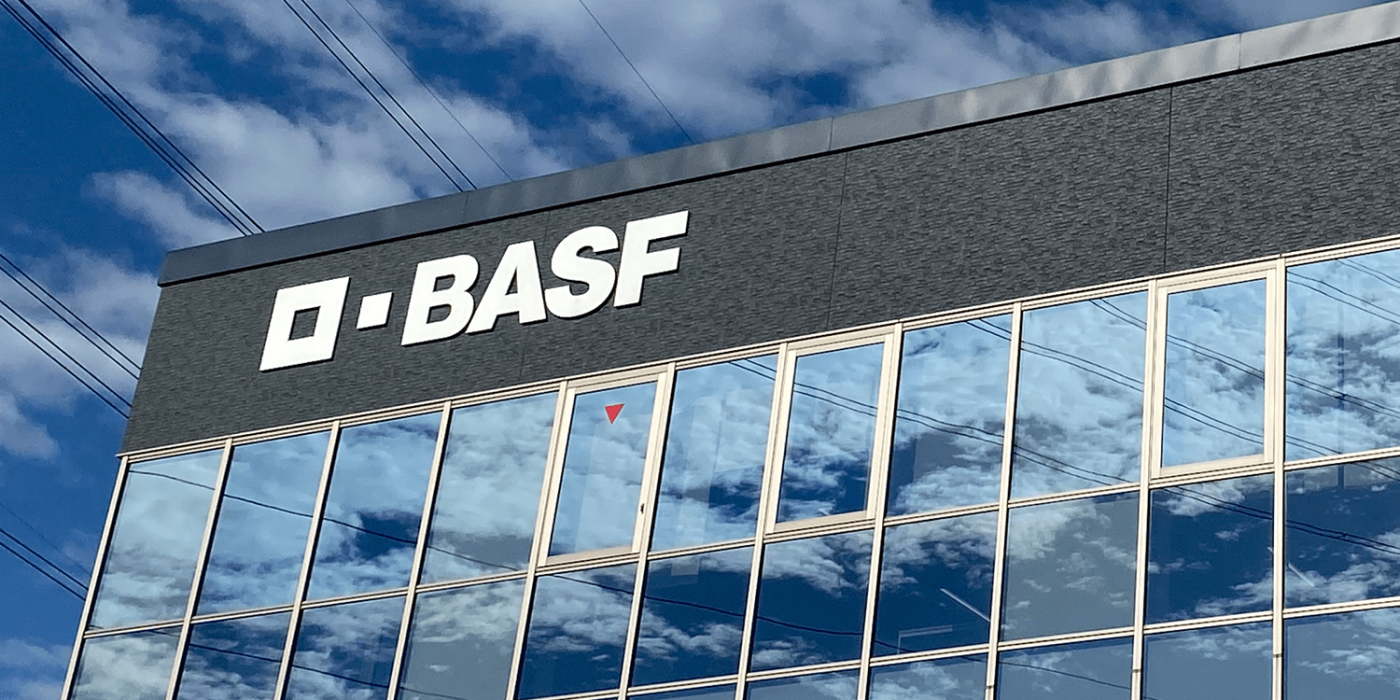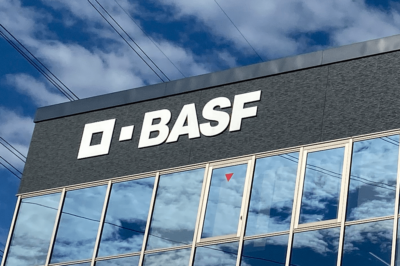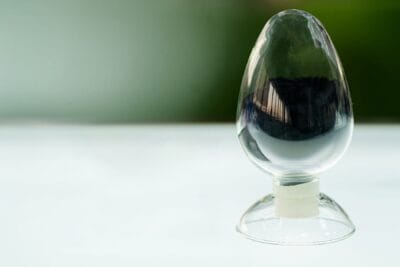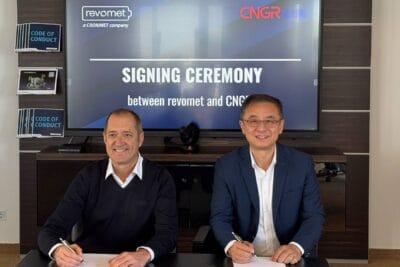BASF & Emaret cancel plans for nickel-cobalt refinery in Indonesia
BASF has now said it will discontinue all ongoing evaluation and negotiation activities for the Weda Bay project. BASF and Emaret were planning a $2.6 billion investment in a nickel-cobalt refinery in Indonesia, which had been under consideration since the beginning of 2023. The first agreement between BASF and Eramet to jointly determine the potential of such a plant dates back to 2020.
Eramet issued a short statement saying, “After a thorough evaluation, including discussions about project execution strategy, both partners have decided against this investment.”
Anup Kothari, Member of the Board of Executive Directors of BASF SE explained, “After a thorough evaluation, we have concluded that we will not execute the nickel-cobalt refining project in Weda Bay. Since the inception of the project, the global nickel market has changed significantly.” Kothari revealed that the company’s supply options have evolved, and with that, BASF’s availability of battery-grade nickel. “Consequently, BASF no longer sees the need to make such a substantial investment to ensure a resilient metals supply for its battery materials business,” Kothari concluded.
Indications that the project could be delayed emerged at the beginning of 2023, when the then BASF CEO Martin Brudermüller was quoted as saying that a decision should be made in the first half of 2023 – which did not happen. Brudermüller’s contract expired in spring 2024. BASF does not mention in its brief statement whether there is a connection between the change of CEO to Markus Kamieth and the decision against the project in Weda Bay. Kamieth was head of Asia at BASF before he was appointed CEO, so he is likely to have been privy to the Indonesia project.
Neither company has indicated that their halted plans had been inhibited by the controversy surrounding nickel sourcing in Indonesia. In January this year, a 124-page report, “Nickel Unearthed: The Human and Climate Costs of Indonesia’s Nickel Industry,” was released by Climate Rights International. The report was informed by people living near smelting operations at the Indonesia Weda Bay Industrial Park (IWIP) and nearby nickel mines on the island of Halmahera who reported that “companies, in coordination with Indonesian police and military personnel, have engaged in land grabbing, coercion, and intimidation of Indigenous Peoples and other communities, who are experiencing serious and potentially existential threats to their traditional ways of life.” This may or may not have influenced the two company’s decision to halt this particular investment, but the two companies both stated they are still interested in sourcing nickel from Indonesia.
For its part, BASF still says it does not want to completely dispense with raw materials from Indonesia, they just do not have to come from its own refinery. “A secure, responsible and sustainable supply of critical raw materials for the production of precursor cathode active materials, which may also originate from Indonesia, remains crucial for the future development of our battery materials business,” said Daniel Schönfelder, Head of BASF’s Catalysts division.
Emaret’s Group Chief Development Officer, Geoff Streeton said, “Indonesia is poised to play a pivotal role in the future of the overall global nickel market.
Eramet remains focused on sustainably optimizing the resource potential of Weda Bay mine to supply ore to local nickel producers, while also further investigating opportunities to participate in the nickel electric vehicle battery value chain in Indonesia.”
For its part, the BASF Battery Materials division plans to rely on its own sourcing team. This team focuses on the management of metals and precursors as well as on trading and has “built a robust partner network to ensure a stable supply of critical raw materials required for the growing global cathode materials business”.
BASF had already made a similar statement when the company shelved plans for its own cathode material precursor factory in Finland in April. Precursor products were to be manufactured in Harjavalta using raw materials from a nearby refinery belonging to the Russian mining group Norilsk Nickel (Nornickel). After permits that had already been granted were contested and revoked, BASF abandoned the plans – and is now also relying on its “broad-based partner network” to supply its new cathode material production in Schwarzheide, Brandenburg in Germany.
As is the case with many players in the rapidly growing battery industry, BASF has been putting increasing focus on battery recycling. This will supply at least some of its battery materials, and as the transition to electric vehicles inexorably expands, so will the supply of raw materials from existing batteries, thus dispensing with long supply chains and geopolitical stressors.





0 Comments